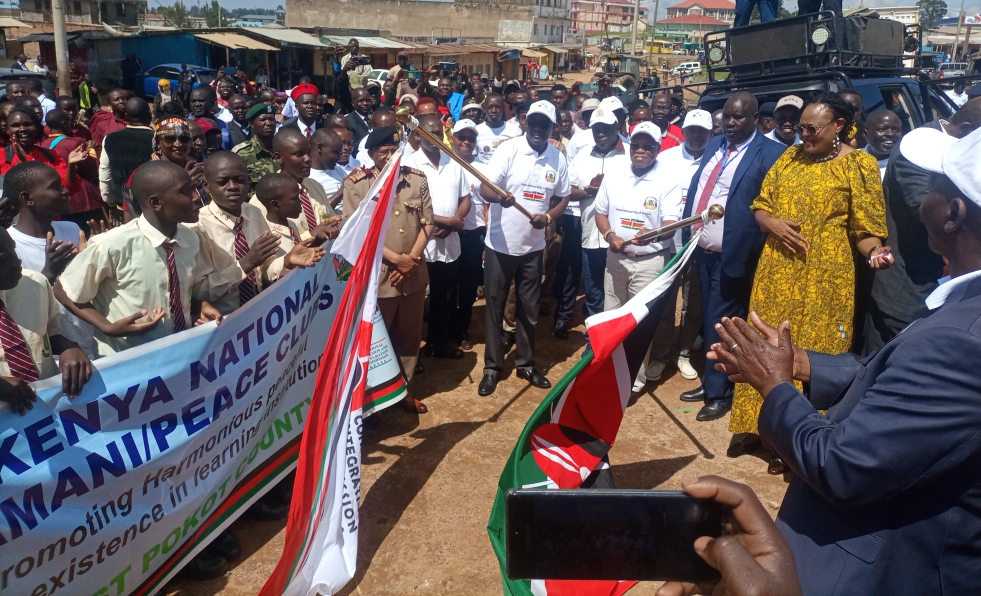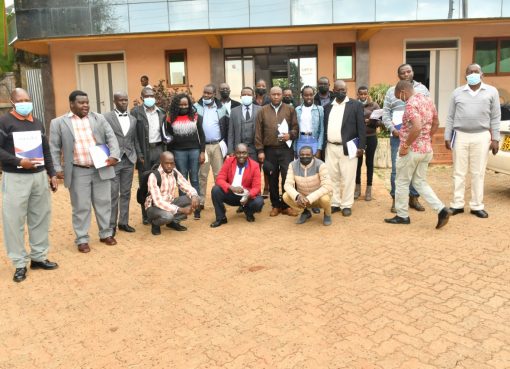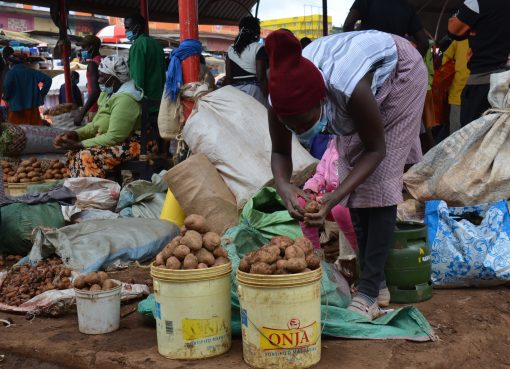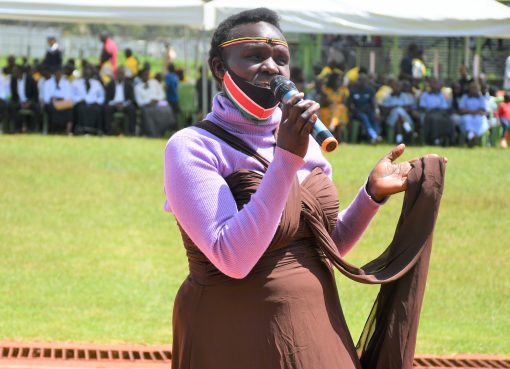The National Cohesion and Integration Commission (NCIC) has urged each and every individual to play their roles in ensuring that Kenya remains a beacon of peace and stability.
Speaking on the International Day of Peace themed ‘‘Cultivating a Culture of Peace,’’ at the Kishaunet Showground in West Pokot County, the Chairman NCIC, Rev. Dr. Samuel Kobia, stated that each and every individual has the responsibility and civic duty to foster peaceful coexistence, national cohesion, and unity among Kenyans.
The NCIC chairman further said people need to be the change they wish to see in the world.
He said a peaceful, cohesive, and integrated Kenyan society is within the reach of Kenyans if they channel their energies and efforts towards cultivating a culture of peace.
”Together, let us build a future where every Kenyan contributes to and benefits from a unified and harmonious society,’’ emphasized Kobia.
He said every individual is at a crossroads, a critical juncture where their actions will determine their landscape of their future, noting that individuals need to shape their collective destiny by planting seeds of dialogue, mutual respect, and unity for them to make it a reality.
He urged Kenyans to ensure they roll up their sleeves and tackle prejudice head-on by creating a space where dialogue and collaboration are as fundamental as the air they breathe.
‘‘A culture of peace is not just about putting out the conflict; it is about lighting the candles of justice, understanding, and respect.,’’Rev. Dr. Kobia said.
He noted that there is a need to bridge the generational gap between the elders and youth, noting that it will help to create a continuum of knowledge and experience that strengthens the societal fabric.
‘‘It is through listening and learning from one another that we build a cohesive, forward-thinking community,’’ said Kobia.
He went on, ‘‘In our schools, workplaces, and homes, let us champion discussions that bridge generations, seek common ground, and build mutual respect.’’
He disclosed that the day was marked in several key counties in the country, including Nairobi, Wajir, Mombasa, Kisumu, and Samburu, among others.
Elgeyo Marakwet Governor Wesley Rotich said there are no shortcuts to development without peaceful leadership at all levels.
Rotich noted that his region had enjoyed utmost peace from 2002 to 2014, but thereafter things changed.
He linked banditry to an activity being perpetrated by a few criminal elements that only wait for any simple trigger to execute their missions, sentiments shared by his County Woman Member of Parliament Caroline Ng’elechei, who said criminals are individuals but not a whole community.
“In some areas, criminals take advantage of an occurrence such as a fight between two people to start attacking a whole community in the name of retaliation. The security situation has improved, though we still have a few cases,” stated the Elgeyo Marakwet Governor.
He advocated for community engagements at village levels rather than having meetings in hotels and conference halls.
The governor appealed for equal establishment of institutions in both sides of the neighbouring counties of West Pokot and Elgeyo Marakwet to create a sense of inclusion among residents.
He urged national leaders to guard their tongues against incitement. Instead, use public platforms to focus on peacebuilding and development and not dwell so much on 2027 politics.
Host Governor Simon Kachapin termed the commemoration of the International Day of Peace in West Pokot as a significant turning point to bring Kenyans together to foster harmony and coexistence.
“As a country, we have faced a challenge of conflict before and found out that progress can only be realised through dialogue and cooperation. West Pokot has seen the fruits of peace because we have seen increased activities and are now ripe for investment,” stated Kachapin.
He highlighted that peace cannot be imposed on people, but it arises from within, calling on leaders to ensure agreements reached in forums are implemented.
“Peace breeds stability, and stability attracts development. Champion messages of peace throughout, not just today,” he advised.
The Governor advocated for women empowerment, terming them as the key peacemakers and the need to have them engaged at all levels.
Mandera North Member of Parliament (MP) Yussuf Adan Haji, who is also the chair of the national Assembly security committee, termed the 2008 NCIC law as outdated, and a bill had been tabled in parliament to amend a section that calls for a maximum of 30 per cent share of government positions to one community.
He said the percentage was still high and should be capped at 20 per cent so that other communities can get some shares since there are over 47 ethnic groups in the country.
His Teso North counterpart Edward Kaunya observed that most of the insecurity-prone areas are underdeveloped, and the government needs to allocate them huge development budgets to help them stabilise.
By Richard Muhambe and Anthony Melly





